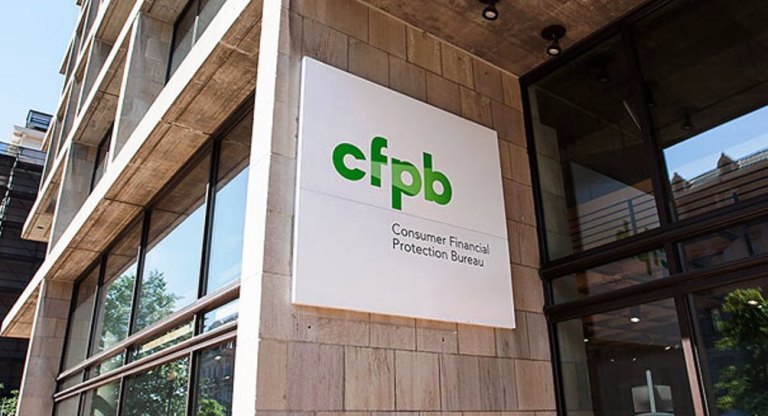According to the report, consumers continue to deal with incorrect information being included on their reports, as well as challenges in having the false data corrected.
“Credit reports are the foundation of consumers’ financial lives,” CFPB Director Richard Cordray said in a press release. “Consumers continue to express their frustration about inaccurate information on their credit reports and difficulty in getting these errors fixed. We will continue to work to ensure that credit report disputes are investigated, errors are fixed and consumers are treated fairly.”
As of May 1, 2016, the bureau said it has dealt with a total of more than 882,800 complaints across all products.
Not surprisingly, when errors arise on a consumer’s credit report, they can have lasting impacts — from blocking eligibility in taking out a mortgage to impacting their ability to be hired for a job.
The CFPB started collecting credit reporting complaints back in Oct. 2012, and since then, the agency said it has handled roughly 143,700 instances of consumers being unhappy with credit reporting practices.
Advertisement: Scroll to Continue
Nearly 77 percent of credit reporting complaints submitted to the CFPB have to deal with incorrect information, ranging from paid debt collections not being reflected properly to debts appearing that are unknown to the consumer.
Consumers also reported distinct difficulties in trying to remedy inaccuracies appearing on their credit reports. This included dealing with long delays in communication from consumer reporting companies and negative customer service experiences.
“In addition to complaints against the three nationwide credit reporting companies, consumers have submitted more than 2,000 complaints regarding specialty consumer reporting companies,” the release continued. “These companies specialize in providing reports in areas including background and employment screening, checking account screening, rental screening and insurance screening.”




